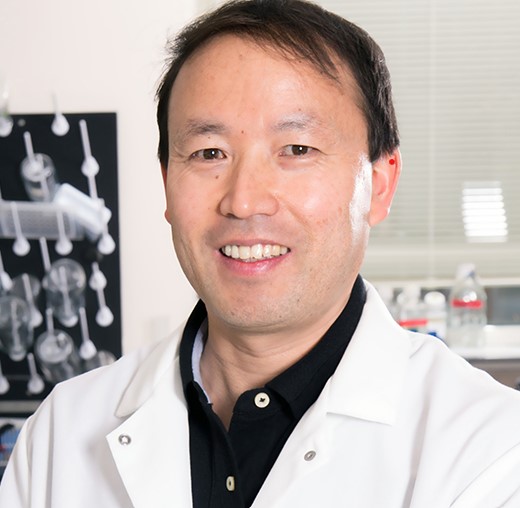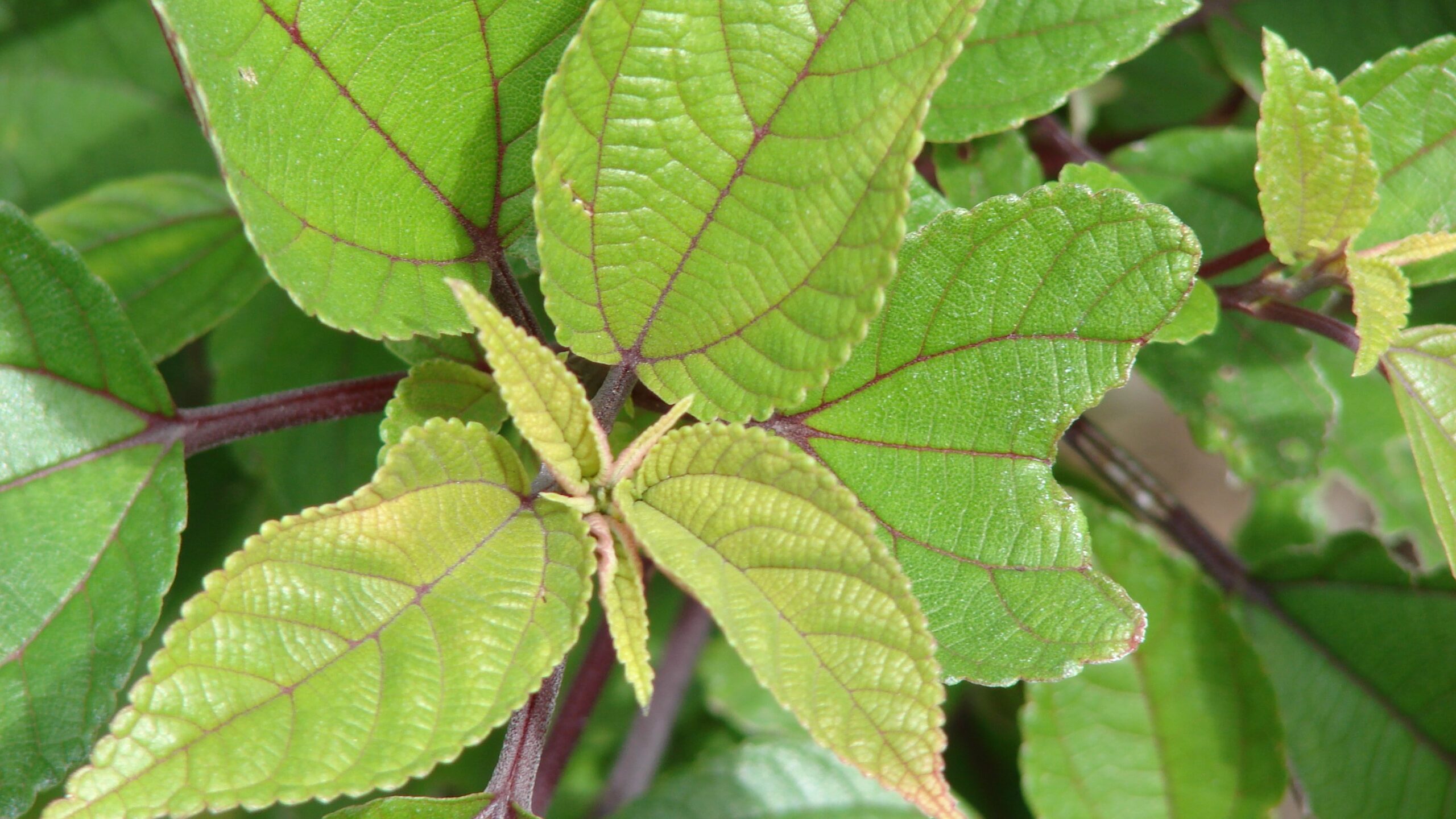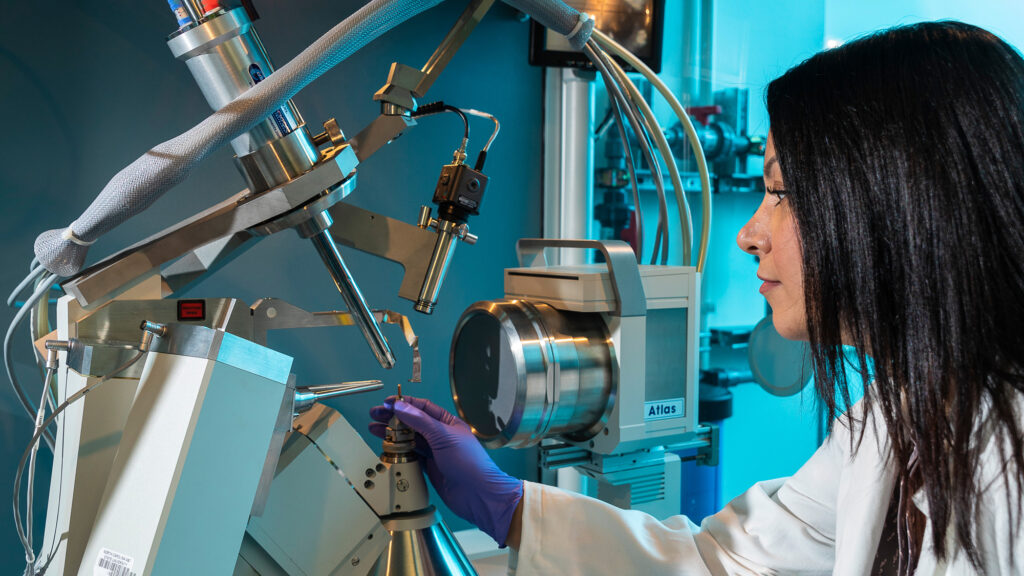
Dr. Zhenquan Jia, Professor of Biology, has received a new $300,000 grant from the USDA’s National Institute of Food and Agriculture for his proposal, “Exploration of bioactive components in Hawaiian mamaki tea with potential to modulate vascular inflammation.” The two-year project is a collaboration with the University of Hawaii and Wake Forest University’s School of Medicine. UNCG is the lead institution on the grant.
More information about the project can be found in the abstract below.
Abstract: This application aims to identify the bioactive constituents of mamaki leaves and elucidate the action through which these bioactive compounds exert anti-inflammatory effects. Mamaki (Pipturus albidus), an Urticaceaea family nettle species endemic to Hawaii, has been used by native populations for a variety of health benefits, including as a blood cleanser for centuries. However, the components and action underlying these benefits remain largely unexplored. Discovering new bioactive compounds for inflammation treatment holds considerable clinical significance for patients with atherosclerosis. Aim 1 is to identify and purify the bioactive compounds in M-EtOH and to characterize the mechanisms by which these bioactive compounds exert their anti-inflammatory effects in human aortic endothelial cells (HAECs). The active ethanol extract from mamaki leaves will be separated by high-performance liquid chromatography (HPLC) followed by MIPs (molecularly imprinted polymers), a relatively new approach for targeted extraction and separation. We will examine the anti-inflammatory properties of M-EtOH bioactive compounds in HAECs. Aim 2 is to examine whether these bioactive compounds isolated from M-EtOH can ameliorate atherosclerosis in LDLr-/- mice. LDLr-/- mice will be used to evaluate whether administering these bioactive compounds can prevent the development of atherosclerosis. This project, led by a complementary and multidisciplinary expert team who are well-recognized researchers in their fields, will identify bioactive constituents in M-EtOH and uncover the underlying mechanism(s) of action of these bioactive constituents for controlling vascular inflammation.
Top Photo: By Forest & Kim Starr, CC BY 3.0, https://commons.wikimedia.org/w/index.php?curid=6159983






